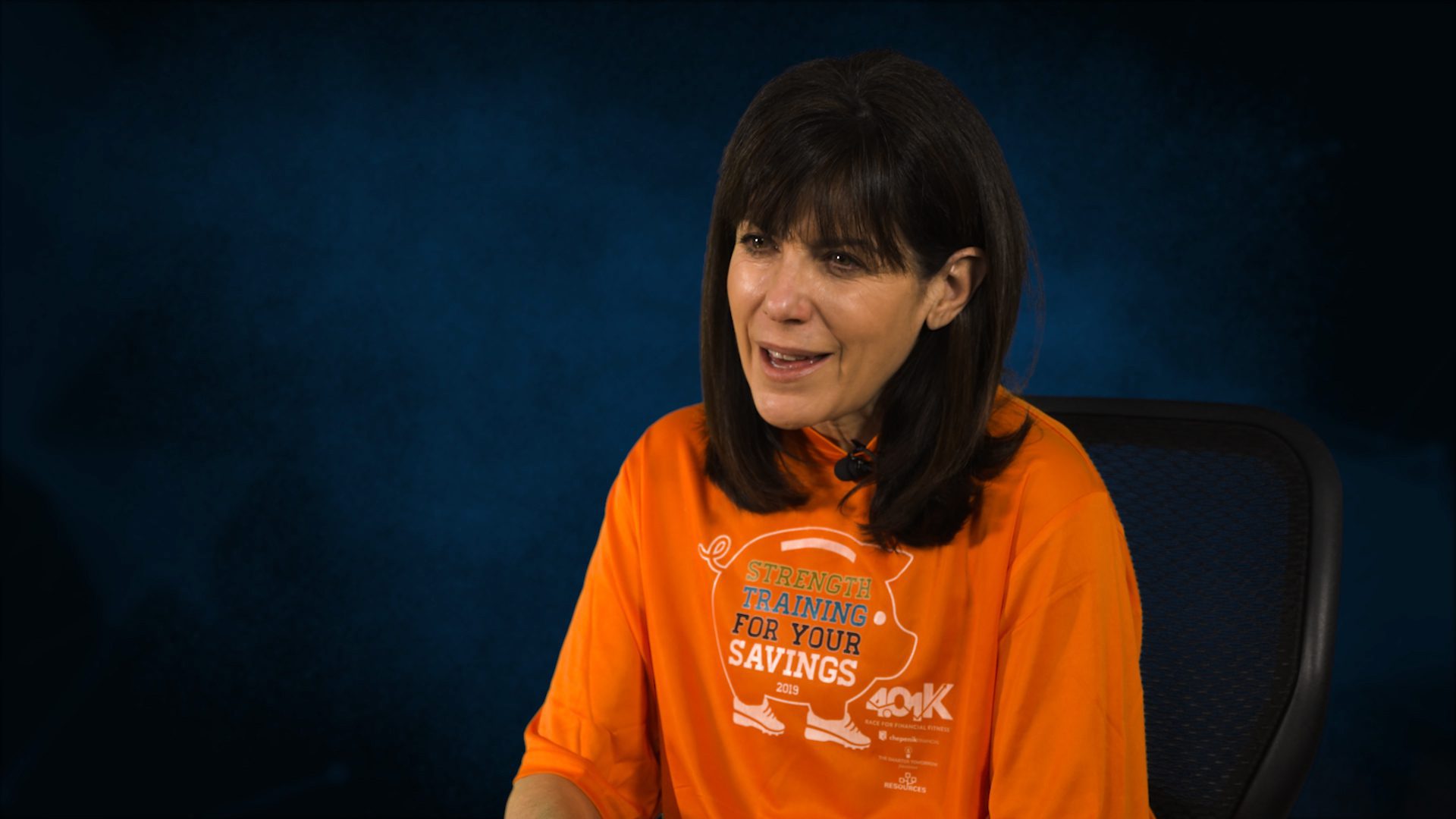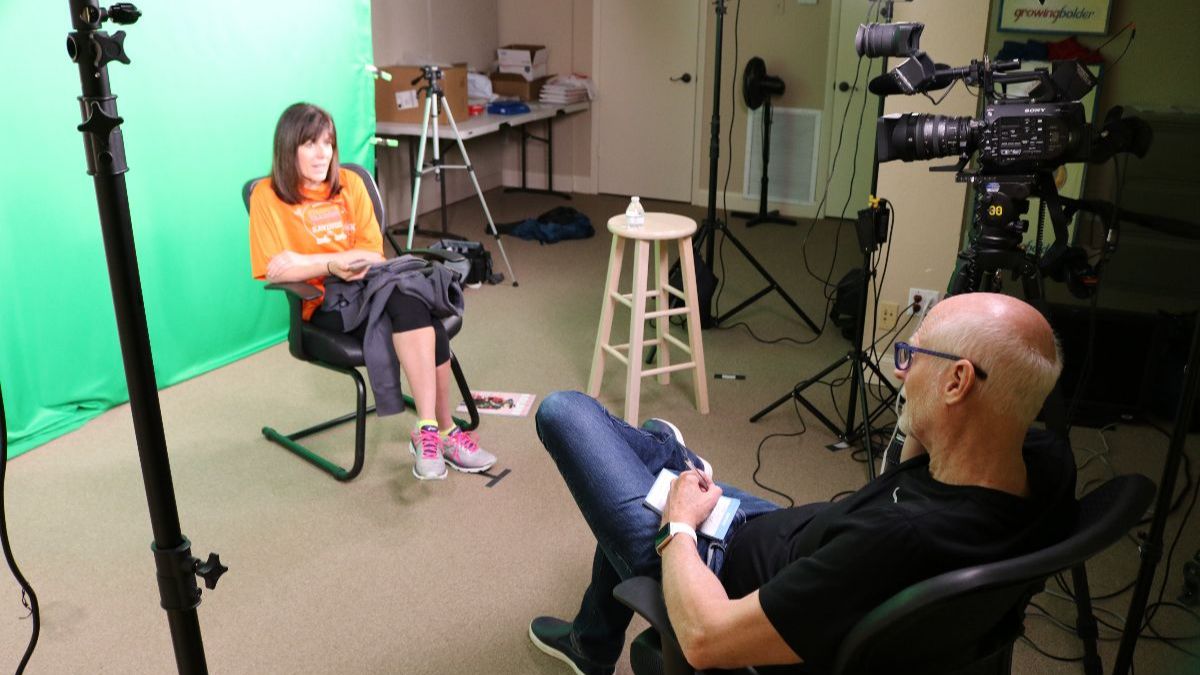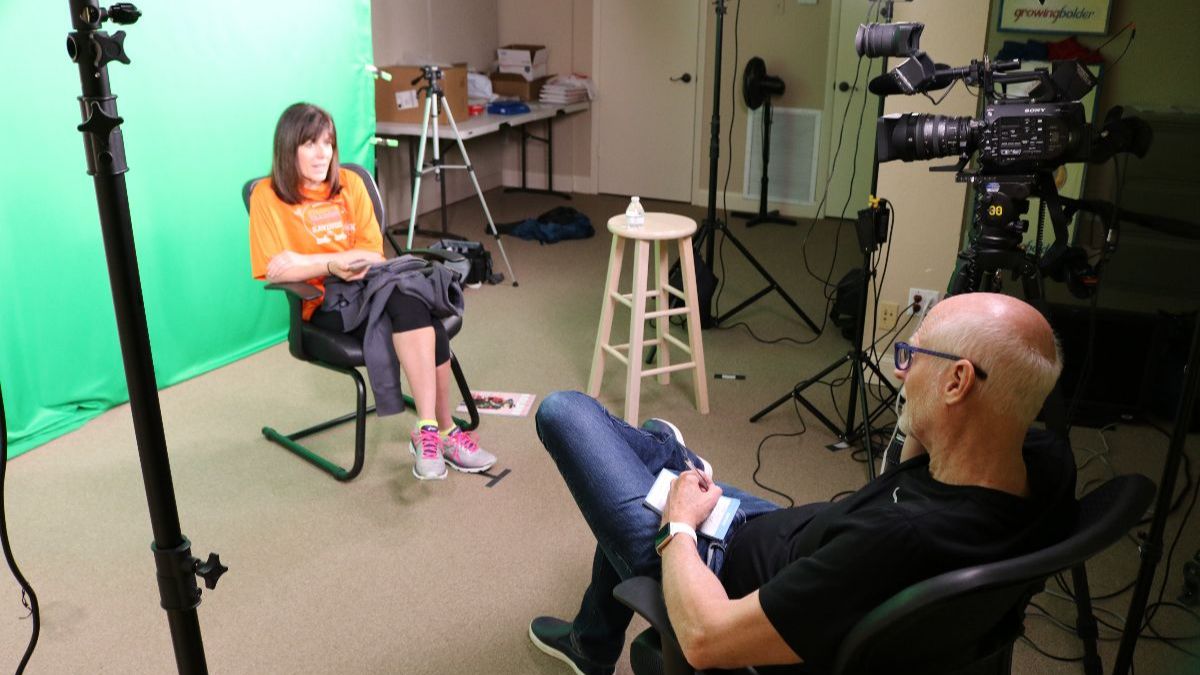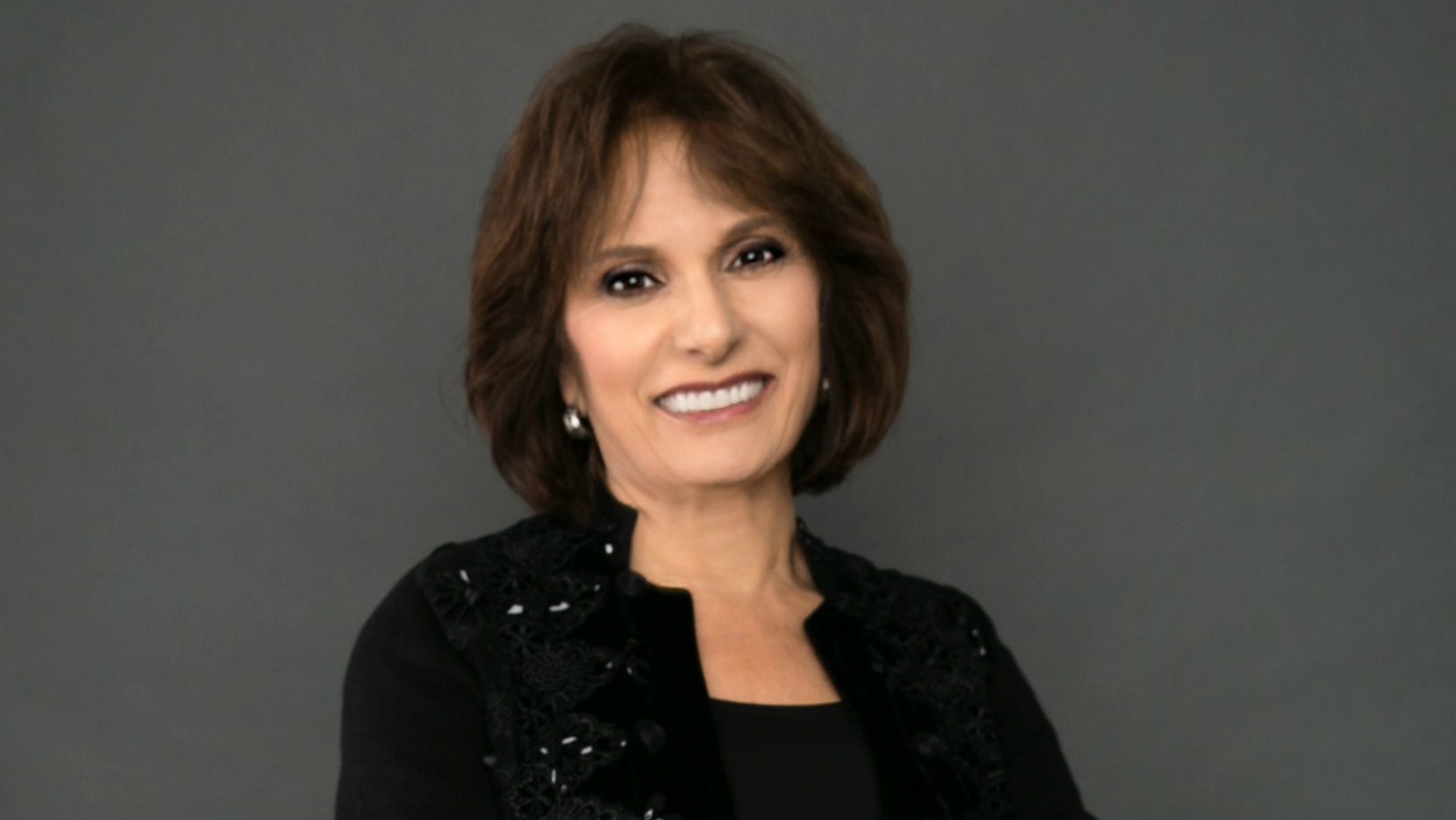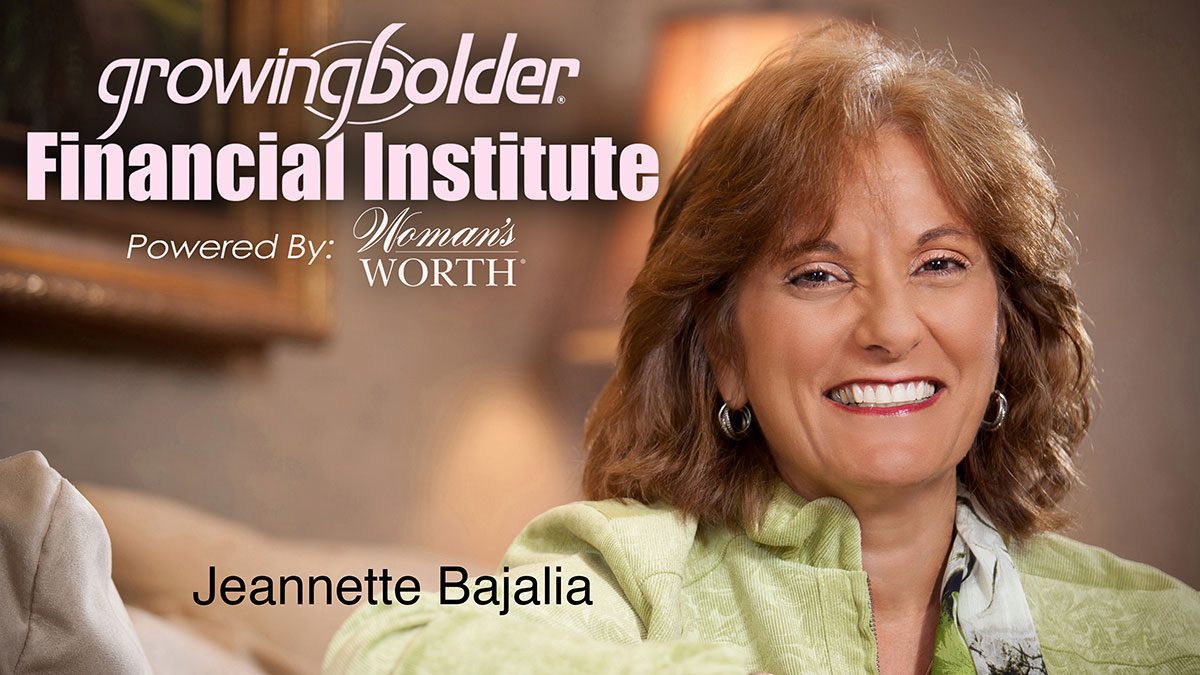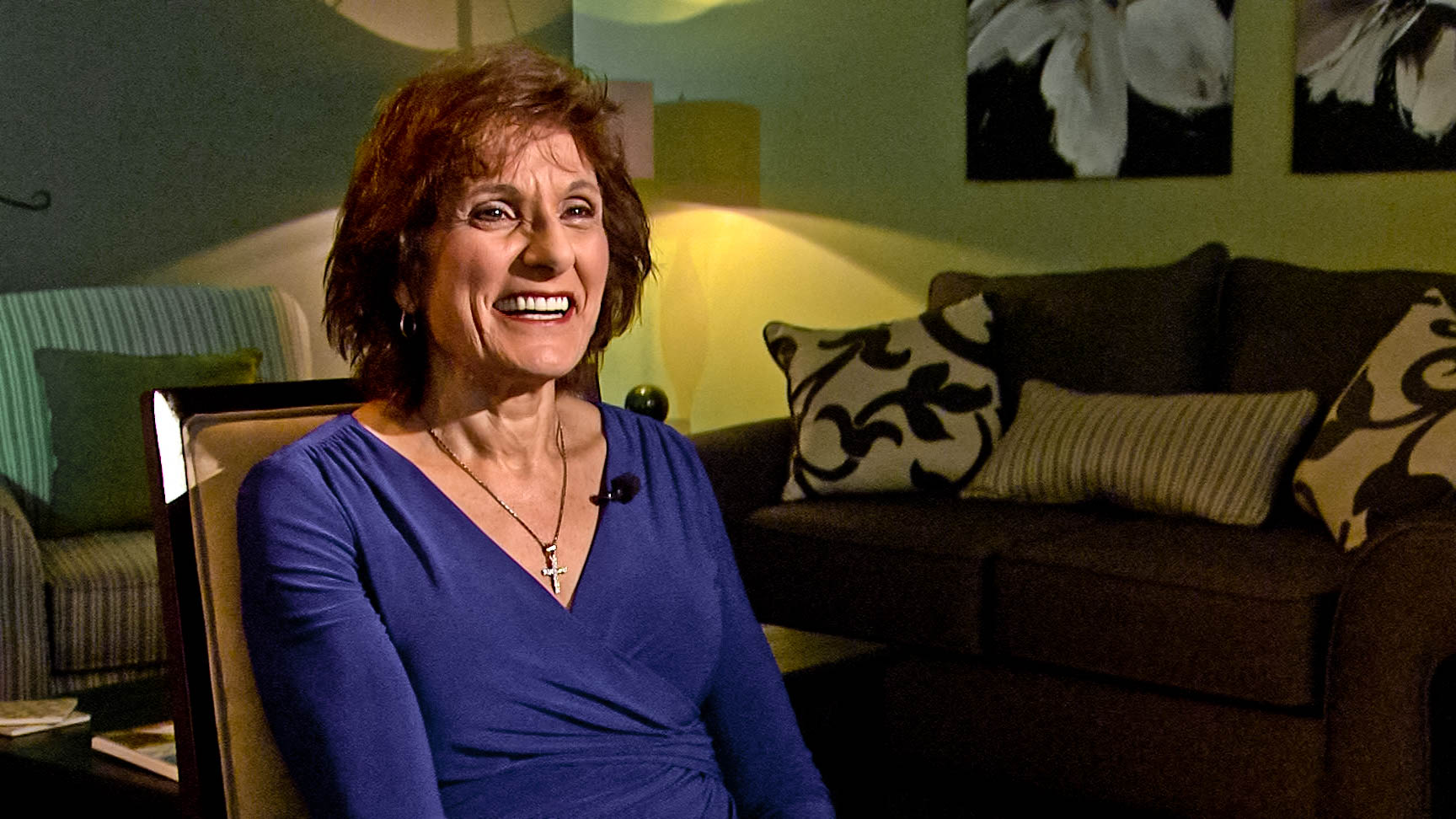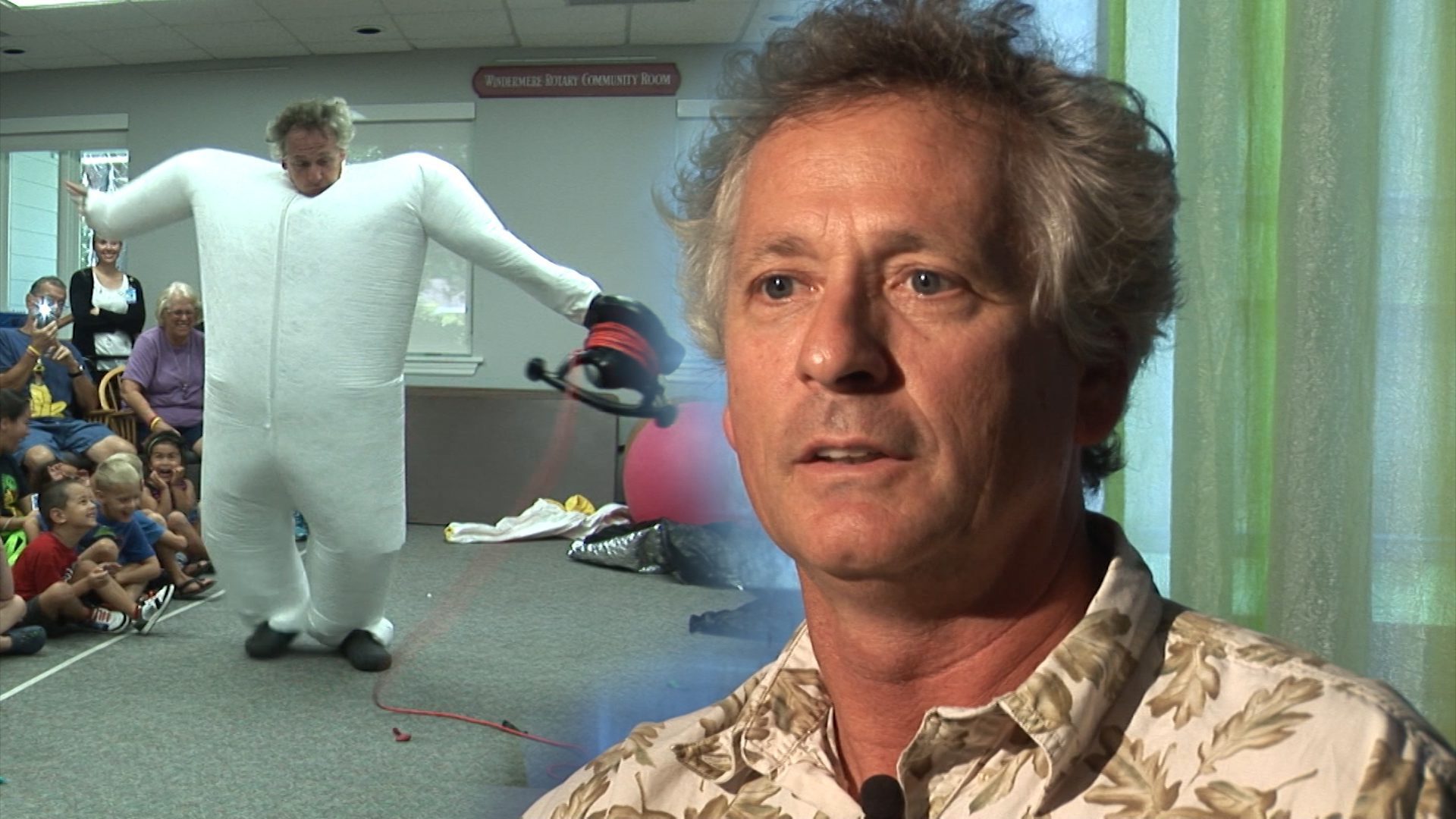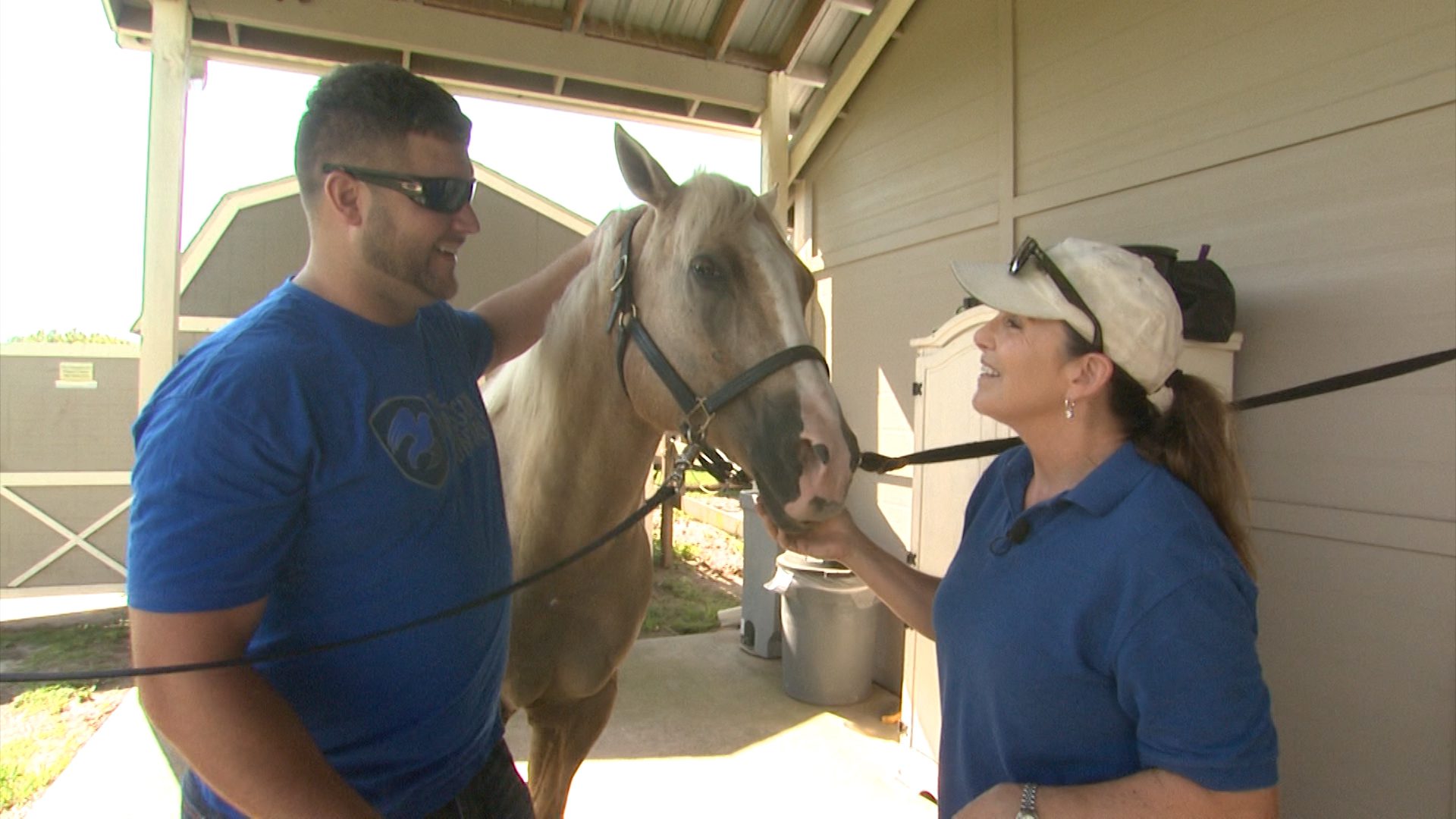Last Updated on June 1, 2022
Have you been wondering if starting your own business might be the next right step — even if you’re in your 60s? Check out these lessons learned from one woman who set out to break down the norms and do just that.

By: Ellen Barry
Asking the Risk Takers
When some of us listen to the NPR series, “How I Built This,” we daydream that we, too, could build the next great thing. We hear stories of successful entrepreneurs and their strokes of luck, coincidence and hard work; and suddenly, we are in the midst of our own reverie around building a business or opening a firm.
In reality, there are not that many of us, especially in our 50s and 60s, who can take the leap to start that firm or build that business. However, over the past six months, I started thinking that maybe I could actually be one of those risk-takers. Then I said to myself: “But you’re 60 years old. Can you really do that at this point? Do I have what it takes to jump without a net?”
For years I worked for “the Man,” “the Woman,” the small company, the nonprofit, the private firm, the public conglomerate. As a corporate and crisis communications expert, I provided advice on oil spills, drug crises, proxy fights, mergers and acquisitions, as well as IRS and Securities and Exchange Commission investigations. I managed teams that were down the hall and across the ocean. We pulled all-nighters and sat in makeshift war rooms awash with bad food, old coffee and muted polycoms, as conference calls felt never-ending. I enjoyed the camaraderie and teamwork. Now, I wondered if I could really work just for myself.
When trying something new, my usual M.O. was to wing it — just try it out and see if maybe it works. (That’s how I lived in 18 apartments in New York City and moved 32 times in 35 years.) This new pursuit seemed to require a more studied approach, so I added some discipline — for a change — to help weigh the pros and cons. I had previously toyed with the idea of starting my own firm. Once, I even wrote what I thought was a business plan. But when I shared it with my brother, a turnaround specialist, he had just one comment: “There’s nothing in here about how you are going to get clients.” Oh, yeah, that.
His comment was in my mind as I started asking people how they built their firms, acquired clients, kept them and gained new clients. Instead of just buying people coffee and chatting with them casually, I constructed a set of question-and-answers to guide my discussions. These required me to ask tough questions and to let the respondents reflect on why and how they made decisions. Many of them wanted to launch immediately into advice or ask me about my motivations, but I did my best to keep the conversations focused on their paths and their decisions.
I started the process of interviewing these risk-takers with the hope of finding common themes, similar traits and maybe even that one magic element that they all shared. I have been talking to people who live across the United States who range in age from 34 to 63. With few exceptions, I focused on communications professionals who are experts in the fields of marketing, branding, lobbying, writing, editing, media relations, strategic consulting and political campaigns. A few of the subjects provided technology or programming support to organizations; but for the most part, they are communications experts.
One thing they all shared is that they left full-time jobs to try careers on their own. Over the course of my interviews, I looked to see what they learned and to figure out if I have what it takes to make the leap. Their observations and war stories are just one of the tools that I am using to find my own path at this stage in my career.
At first blush, three common themes emerged. As I move forward in my exploration, I will share more of what I have learned and also bring you along on my journey of exploration and incorporation.
Lessons Learned
You will get clients from the most unlikely places. Many of my subjects noted that the people they believed would be the best referral sources suddenly ghosted them — unexpectedly cutting off communication. Some who were interviewed thought the ghosting was due to fear of competition. Others attributed the contacts’ reaction to a lack of belief in the sources’ ability to get and hold onto clients (something I have heard a number of times). Still others said that their contacts just
“disappeared into thin air.” On the flip side, many of the subjects said that random acquaintances and people with whom they worked years ago reappeared with opportunities and were supportive.

LESSON 1: Contact everyone you know and let them know you are in the market.
FIND AN ANCHOR CLIENT. This seems obvious. It’s also essential. Many of my subjects left a large organization and negotiated a way to keep that former employer as a client. The familiarity with the team and the story made it a smooth transition. Others were able to bring clients from a prior agency. And others just cast a wide net and found that first client who allowed them to make the leap.

LESSON 2: Having one client allows you to find your next. It builds confidence and shows seriousness and a track record.
JUST TAKE THE RISK. This is the advice that strikes me as the most fun — and the scariest. The women I interviewed said fear was their biggest obstacle: fear of failure, fear of economic insecurity and fear of not being good enough. However, once they hung their shingle and started their business, the fear subsided. No one has said that the fear goes away.

LESSON 3: Face the fear and embrace the opportunity.
I am now much more optimistic about putting this advice to use as I determine whether or not to set up my own business. There are many more lessons to be learned and shared. The one thing that I have not heard from anyone else is that I am too old. Let the adventure begin!



